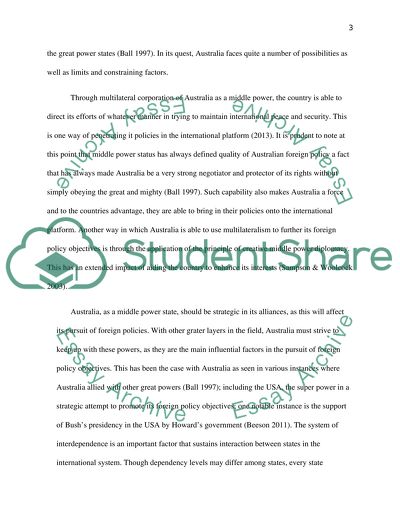Cite this document
(“In what ways can Australia, as a middle power, use multilateralism to Essay”, n.d.)
Retrieved de https://studentshare.org/history/1490758-in-what-ways-can-australia-as-a-middle-power-use
Retrieved de https://studentshare.org/history/1490758-in-what-ways-can-australia-as-a-middle-power-use
(In What Ways Can Australia, As a Middle Power, Use Multilateralism to Essay)
https://studentshare.org/history/1490758-in-what-ways-can-australia-as-a-middle-power-use.
https://studentshare.org/history/1490758-in-what-ways-can-australia-as-a-middle-power-use.
“In What Ways Can Australia, As a Middle Power, Use Multilateralism to Essay”, n.d. https://studentshare.org/history/1490758-in-what-ways-can-australia-as-a-middle-power-use.


